AI Tools and Policies Tackle Online Misinformation

The rise of online misinformation and disinformation is a significant concern, particularly since over 80% of Americans rely on online sources for news. Up to 64% of US adults have reportedly been confused by basic facts due to fake news.
To combat this, communication experts are developing advanced fact-checking resources and stringent information verification processes. Artificial intelligence technology is now being applied to identify and debunk false information, maintaining the credibility of online news platforms.
Education initiatives around digital literacy are being emphasized, fostering the ability for users to distinguish between legitimate and deceptive news sources. In our digital world, ensuring accurate and trustworthy information dissemination plays a critical role in societal decision making.
The IAE Charter for Greenwash Prevention was established to counteract greenwashing. It’s an initiative that blends social science principles with commercial activities to enhance the credibility of eco-friendly advertising. The Charter’s practices align with the 1.5-degree global warming goal of the Paris Agreement and includes rigorous validation of environmental claims made by companies, which promotes transparency and encourages responsible corporate action towards environmental conservation.
A recent virtual panel led to the creation of a 12-page digital booklet filled with strategies and recommendations to combat disinformation. This tool will be invaluable for businesses and organizations aiming to build trusting relationships with their audiences in our digital era. However, managing disinformation is a collective effort that requires societal engagement, not just efforts from individual entities.
Policies such as Ethical Standard Advisories (ESAs) have been created to bolster the integrity of communication practices. ESAs guide communicators in providing accurate information to the public, incorporating strict guidelines and protocols for responsible content sharing.
In the face of the surge in disinformation, the need for robust media literacy has become paramount. Programs like the News Literacy Project have developed tools and resources to help people decipher truth from fiction, fostering a media-literate society.
The public is also urged to verify and thoughtfully share information, especially on social platforms. Tactics such as game-based learning are designed to foster discernment skills, facilitating the fight against false information. This, along with frequent, transparent updates on official platforms, helps maintain trust and reduce the spread of baseless rumors.
Collaborative efforts between the public, governmental bodies, and technology platforms are crucial to combat fake news. Steps towards this goal include stricter regulations on fake news and the propagation of AI-based fact-checking tools. It’s a collective responsibility to maintain the integrity and dependability of information, contributing to a safer digital society.
In concluding, addressing misinformation and disinformation is critical to sustaining a balanced information environment and democratic society. This responsibility involves verifying sources before sharing information and emphasizing transparent communication from government and major institutions. Furthermore, joint efforts between institutions, media outlets, and technology companies can lead to robust responses, such as fact-checking services and public education campaigns. An informed society, fostered by nurturing media literacy from an early age, is the most sustainable solution to the misinformation crisis.
Mia Taylor is the brilliant author behind an extraordinary blog that celebrates life's beauty and diversity. With a captivating writing style and an eye for detail, Mia shares insightful perspectives on topics ranging from travel and fashion to personal development and wellness.

